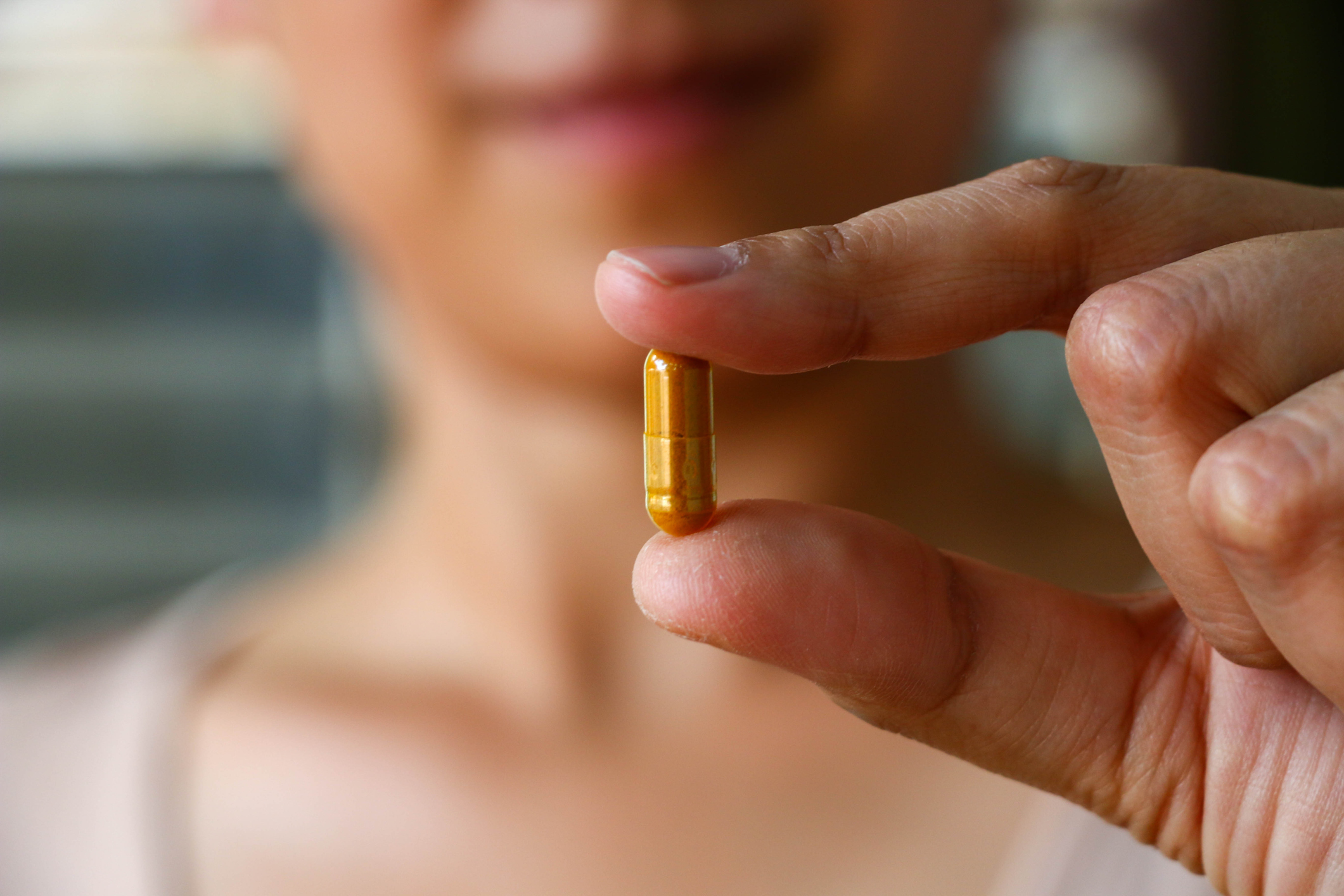

Even though the pandemic has been declared over, COVID-19 hasn’t gone anywhere. In fact, it’s expected to be part of the upcoming flu season.
The good news is that the potential to become severely ill or die from COVID-19 has lessened. The existing variants circulating right now appear to be milder, and we have plenty of health measures in place to take care of those who contract more significant forms of the illness.
Still, no one wants to feel the COVID-19 crud for 7 to 10 days. Or worse, have to take that nasty antiviral Paxlovid to help with symptoms.
Luckily, there’s one nutrient that a growing body of evidence shows may be essential to COVID-19 protection…
Vitamin D can help shorten COVID-19 duration
While vitamin D has long been associated with bone health, its importance as an immune-supporting nutrient has really come to the forefront…
Studies have found that vitamin D deficiency can leave people open to more severe viral and bacterial illnesses, and that supplementing specifically with vitamin D3 can help fortify the body against these illnesses.
Early on in the COVID-19 pandemic, researchers discovered a correlation between low vitamin D levels and greater COVID-19 severity. More recently, at least one clinical trial has been conducted that showed vitamin D supplementation helped reduce severity and death in patients with COVID-19.
Now, a team of U.S. researchers has dug deeper into the impact of vitamin D on COVID-19. To do so, they enrolled 40 patients who had just or very recently tested positive for SARS-Cov-2 to measure levels of vitamin D and other nutrients.
Here’s what they found:
- Participants with low vitamin D experienced COVID-19 symptoms for 22 days, compared with 14 days for those without vitamin D deficiency.
- Those with low vitamin D levels also experienced significantly higher severity of two symptoms: cough and shortness of breath or difficulty breathing. All other individual symptoms were also more severe in the low vitamin D group, although the differences were not considered significant.
- About 78 percent of participants tested positive for SARS-CoV-2 antibodies and had higher vitamin D levels than those who didn’t. This finding suggests higher vitamin D levels support greater antibody production.
- Seven of the study participants had vitamin D levels below 30 ng/mL and active COVID-19 infection. This subgroup received 10,000 IU of vitamin D3 a day for two weeks, followed by 5,000 IU a day for three weeks. The supplementation was well-tolerated and raised vitamin D levels from 26.3 to 41.4 ng/mL after 2 weeks. Also, these participants experienced mild or moderate COVID-19 symptoms at the start of treatment, and none of them became severe.
Vitamin D wasn’t the only nutrient the researchers tested for. They found the participants had unusually low levels of vitamins A, C, E and MK-7 (a form of vitamin K2), but normal levels of zinc and higher levels of coenzyme Q10 (CoQ10).
The researchers say this indicates a pattern of increased oxidative stress and that supplementation with high doses of these nutrients should be investigated along with vitamin D supplementation.
Vitamin D deficiency remains a common phenomenon
Clearly, more of us need more vitamin D in order to avoid deficiency and give our immunity the boost it needs to fight off illnesses like COVID-19. Here are the stats to prove it…
- The Centers for Disease Control and Prevention (CDC) estimate nearly 1 in 3 Americans have deficient or insufficient vitamin D levels. The CDC defines deficiency as less than 30 nmol/L, and insufficiency as 30-50 nmol/L.
- Only 23 percent of U.S. adults aged 19 or older meet the adequate intake of vitamin D from diet alone.
- Only 37 percent of Americans consume vitamin D supplements.
However, just because some participants in this study were given 10,000 IU a day, that’s not where you should start to ensure adequate levels — unless directed to do so by your physician. In fact, he can test your levels and make recommendations.
Of course, reasonable amounts are found in over-the-counter vitamin D supplements ranging from 400 to 5,000 IU. These amounts have been found safe for adults.
Remember it’s important to follow the manufacturer’s guidelines for dosage recommendations. If you follow this commonsense rule about supplementing vitamins, you get all the benefits without any of the worries.
Also, make sure you’re taking vitamin D3, not vitamin D2. Vitamin D3 is more easily absorbed by the body and, according to the National Institutes of Health’s Office of Dietary Supplements, most evidence indicates that vitamin D3 increases serum 25(OH)D levels to a greater extent and maintains these higher levels longer.
Source:
1. Vitamin D and Covid-19 — Natural Medicine Journal

